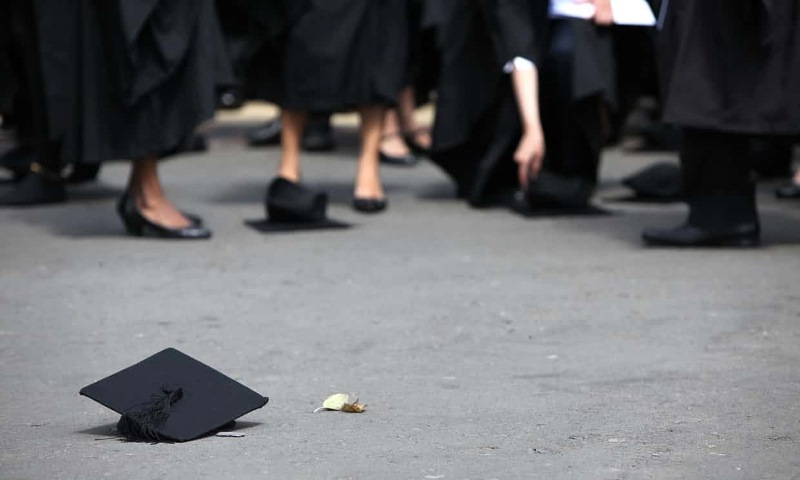In a challenge to the belief that students from less well-off backgrounds are encouraged, IFS released a damning report last week. Systematic changes since the introduction of tuition fees and further reforms have shown that poorer students expect to graduate with around £57k of debt following completion of their undergraduate degree.

What is the IFS?
The IFS, or the Institute for Fiscal Studies, is an economic think tank and research organisation focusing on the impacts of government economic policy and taxation. They are non-partisan, providing critical analysis of government policy and explaining the actual and potential results of each policy. They’ve been critical of and criticised by all parties in the recent past, most notably by Nick Clegg in 2010 when they challenged the idea that tax reforms in the government budget was progressive. Similarly, The Guardian has repeatedly challenged its claim to being non-partisan.
The IFS Student Debt Findings
The conclusion came following a study of the impacts of current government policy with regard to tuition fees. It found that students from the lowest 40% income bracket will incur more debt, up to a value of £57k. They put most of the blame squarely on the removal of the last maintenance grants – abolished in 2015. The richest do not get off lightly either. They are expected to acquire and average debt of £43,000 in student debt. The IFS and student groups made a note of the clear disparity that the richest will acquire less debt than the poorest.
One of the IFS report writers Jack Britton said the government focused too much on reducing the cost to central government, and not improving the lot for students. One of the key pledges in the 2017 Labour Party manifesto was the abolition of tuition fees.

The Response in Parliament
The critical report came at a fragile time for Theresa May’s minority government and immediately sparked debate on both sides of the aisle in the House of Commons. The Shadow Higher Education Spokesman Gordon Marsden pointed to two aspects of the government’s policy for causing this – scrapping the maintenance grants in the first instance and freezing the repayment threshold in the second.
Most shocking in the report was the statistic that students graduating in 2017 would leave university with double the debt of a student graduating in 2011. In light of this, critics once again came out and declared the government’s continued policy as an “Aspiration Tax”.
Jo Johnson, the Conservative Minister for Higher Education Jo Johnson dismissed claims that the government would scrap the present system. However, he did suggest that the government was willing to look again at a system that does not presently seem to be working but would not scrap tuition fees – something he described as “unaffordable”.